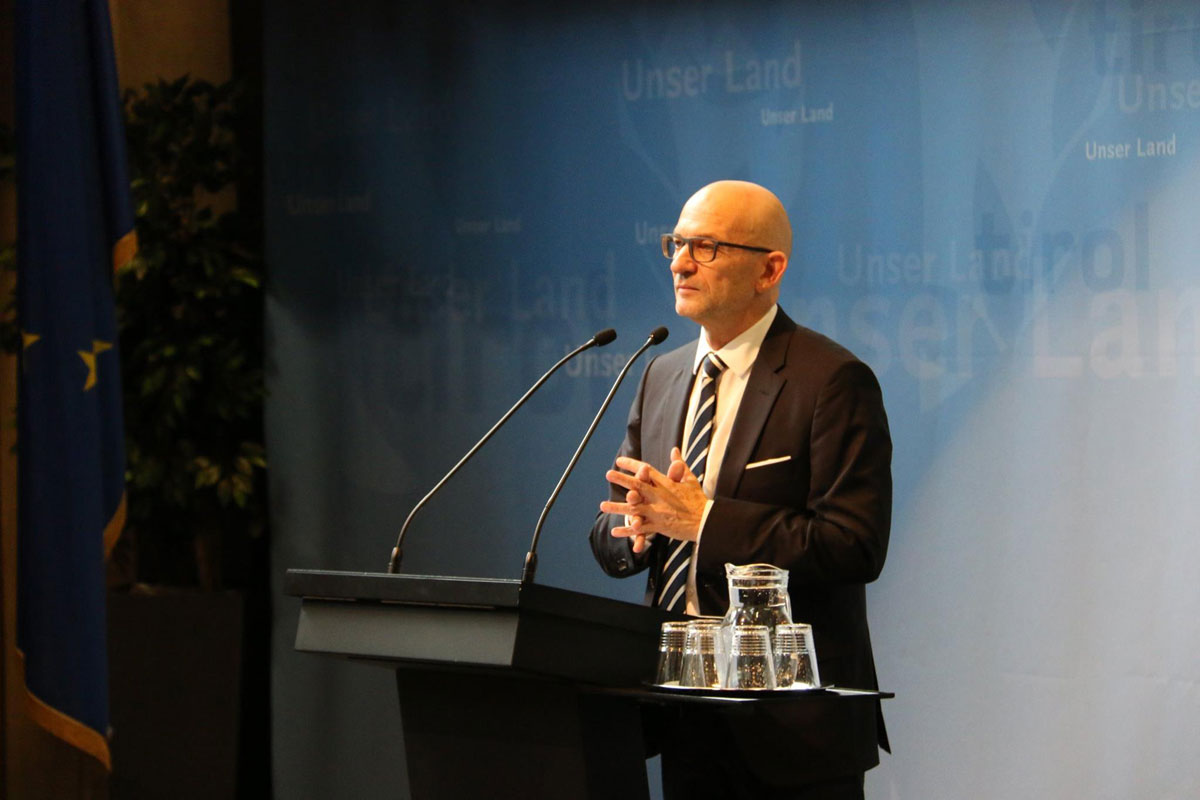Dr. Armand Hausmann – Ihr Psychiater in Innsbruck
Family study of the aggregation of eating disorders and mood disorders1

Publikationen (Erstautor oder Mitautor) von Univ.-Prof. Dr. Armand Hausmann
Background. Family studies have suggested that eating disorders and mood disorders may coaggregate in families. To study further this question, data from a family interview study of probands with and without major depressive disorder was examined. Method. A bivariate proband predictive logistic regression model was applied to data from a family interview study, conducted in Innsbruck, Austria, of probands with (N=64) and without (N=58) major depressive disorder, together with 330 of their first-degree relatives. Results. The estimated odds ratio (OR) for the familial aggregation of eating disorders (anorexia nervosa, bulimia nervosa and binge-eating disorder) was 7. 0 (95% CI 1. 4, 28; P=0. 006); the OR for the familial aggregation of mood disorders (major depression and bipolar disorder) was 2. 2 (0. 92, 5. 4; P=0. 076); and for the familial coaggregation of eating disorders with mood disorders the OR was 2. 2 (1. 1, 4. 6; P=0. 035). Conclusions. The familial coaggregation of eating disorders with mood disorders was significant and of the same magnitude as the aggregation of mood disorders alone – suggesting that eating disorders and mood disorders have common familial causal factors.
Autoren: B. M A N GW E T H, J. I. H U D S O N, H. G. P O P E, A. H A U SM AN N, C. D E COL, N. M. L A I RD, W. BE IBL AND M. T. T SUANG
